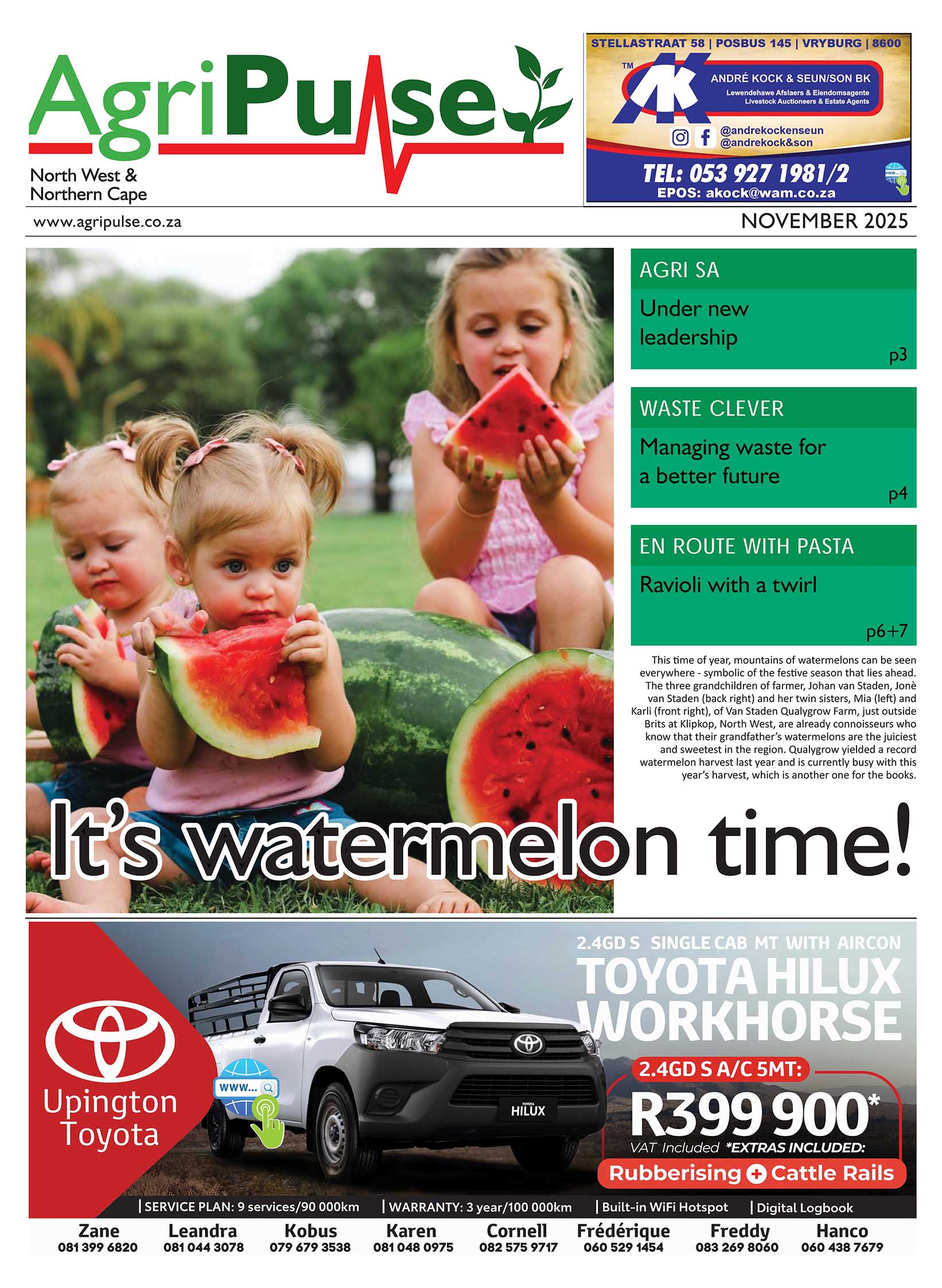Klerksdorp Midweek, Klerksdorp - It is now more than ever important to maintain good hand hygiene and sanitize where possible as respiratory infections are increasing at the start of winter. The Department of Health said that taking protective measures daily, including non-pharmaceutical interventions such as hand hygiene, will help to prevent the spread of respiratory infections including influenza.
“The department will keep the public abreast as and when there is a surge in cases of illness caused by any virus of concern or outbreak of any disease.”
The National Institute for Communicable Diseases (NICD), which monitors the circulation of respiratory viruses throughout the country, has notified the department that it is currently the peak season of respiratory syncytial virus (RSV), which some can confuse for COVID-19 due to common symptoms.
RSV causes illness mainly in young children but may also contribute to respiratory disease in older people.
The department is advising those at high risk of contracting the virus to get the flu vaccine to prevent severe health complications.
Groups at high risk include the elderly who are over 65 years old, those with underlying illnesses such as heart and lung disease, people living with HIV and tuberculosis, as well as pregnant people.
According to the World Health Organization (WHO), the human RSV is a glo-bally prevalent cause of lower respiratory tract infection.
Common symptoms include nasal congestion, sometimes runny bleary eye, fast breathing, chest in drawing and a ‘tight cough’.
“They sound wheezy, but are not asthma-tic. RSV usually starts off like every other viral upper-respiratory tract infection with a bit of runny nose, fever, sore throat, and cough.
“It may progress to the lower airway (the lungs) and cause fast breathing, chest in-drawing, and increased coughing. Some infants may develop enough respiratory distress and increased work of breathing for them to seek medical attention and they may be unable to feed as per usual.”
The department said as RSV is a respiratory pathogen, social distancing and the wearing of masks helps prevent respiratory illnesses.
“The flu that is going around now has seen many children and adults fall ill so we ask parents to be extra vigilant and take precautionary steps.”
National spokesperson for the Department of Health, Foster Mohale said Covid-19 continues to circulate at low levels, while the influenza virus infections are starting to increase.
“The National Institute for Communicable Diseases has a surveillance system which monitors the circulation of respiratory viruses throughout the country and has notified the department that it is currently the peak season of RSV which can be confused by some people, with Covid-19 or SARS-CoV-2 due to common symptoms.
“While most diseases caused by influenza, RSV and SARS-CoV-2 viruses are mild, these viruses may cause severe illness and even death among the citizens around the country, particularly in individuals with conditions placing them at high risk of severe disease.”
Here’s how you can take precaution:
- Cover your nose and mouth when coughing and sneezing.
- Stay at home when sick.
- Do not touch your face with unwashed hands.
- Avoid close contact with others when sick such as kissing, shaking hands, and sharing cups and eating utensils.
What are the symptoms: (not limited to)
- Runny nose
- Decrease in appetite
- Coughing, sneezing, fever, and wheezing.
What should you do if you experience these symptoms:
- Parents and caregivers are urged to take their children to the nearest health facility or healthcare providers for medical attention without delay, should they experience difficulties with breathing, are not drinking enough fluids and experiencing deteriorating symptoms.
- People infected with influenza are usually contagious for three to eight days.
- Preventative measures such as wearing of masks and social distancing are recommended, especially for those who are ill.










